Thursday 11 July 2024, 6-8m, IG 1.314 (Eisenhower room), Campus Westend, Goethe University Frankfurt, and on Zoom
This lecture is part of the Forum of Global Anglophone Literatures and Cultures

This event will also be streamed on Zoom. To join on us Zoom, please use the following details:
Meeting ID: 636 5786 0914
Passcode: 326944
With statements by Victoria Herche (Cologne), Geoff Rodoreda (Stuttgart) and Dashiell Moore(Sydney).
This book presents an innovative and imaginative reading of contemporary Australian literature in the context of unprecedented ecological crisis. It focuses on notions of colonisation, farming, mining, bioethics, technology, environmental justice and sovereignty and offers ‘cosmological readings’ of a diverse range of authors—Indigenous and non-Indigenous—as a challenge to the Anthropocene’s decline narrative. This book will be of particular interest to scholars and students of ecocriticism, environmental humanities, and postcolonial and Indigenous studies, with a primary focus on Australian, New Zealand, Oceanic, and Pacific area studies.
Reviews
“[This] is an important new work of Australian ecocriticism. Bartha-Mitchell’s readings emphasise interconnections between beings, agencies and systems that work against the traditional humanistic focus of western prose fiction and offer a critical new dimension to Australian literary studies.”
Tony Hughes-d’Aeth, Chair of Australian Literature, The University of Western Australia
“An innovative intervention in the environmental humanities, this thought-provoking study of contemporary Australian literature makes a powerful case for the generative concept of cosmos and, more broadly, for the importance of literary studies within the wider field.”
Diletta De Cristofaro, Assistant Professor, Northumbria University, UK
Bio note
Kathrin Bartha-Mitchell is a Postdoctoral Fellow at the Department of New English Literatures and Cultures, Goethe University Frankfurt. Her areas of focus are transcultural Anglophone Literature, Ecocriticism and Intergenerational Justice. She earned her PhD within the joint programme between Goethe and Monash University in Melbourne.
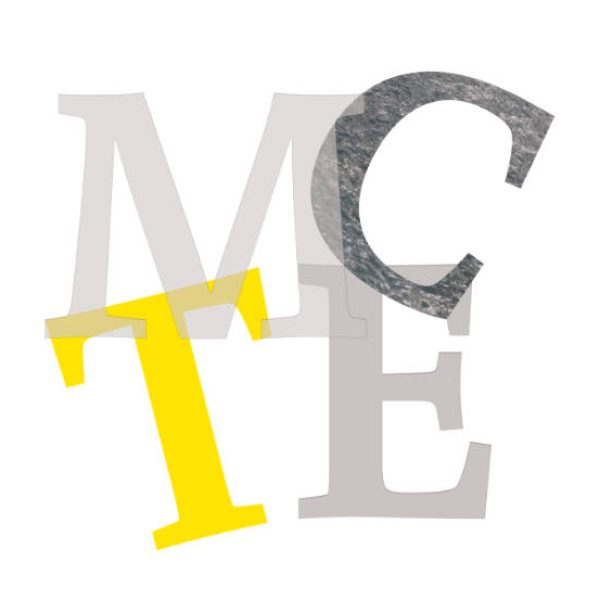

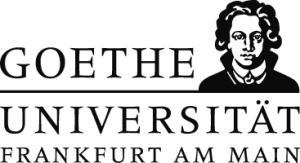

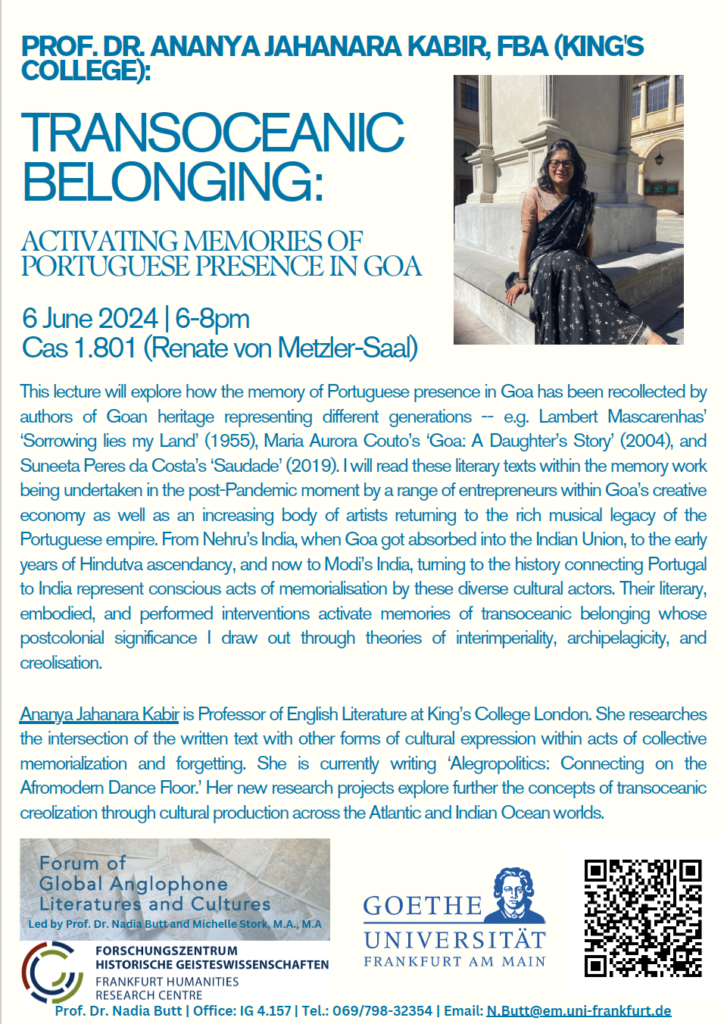
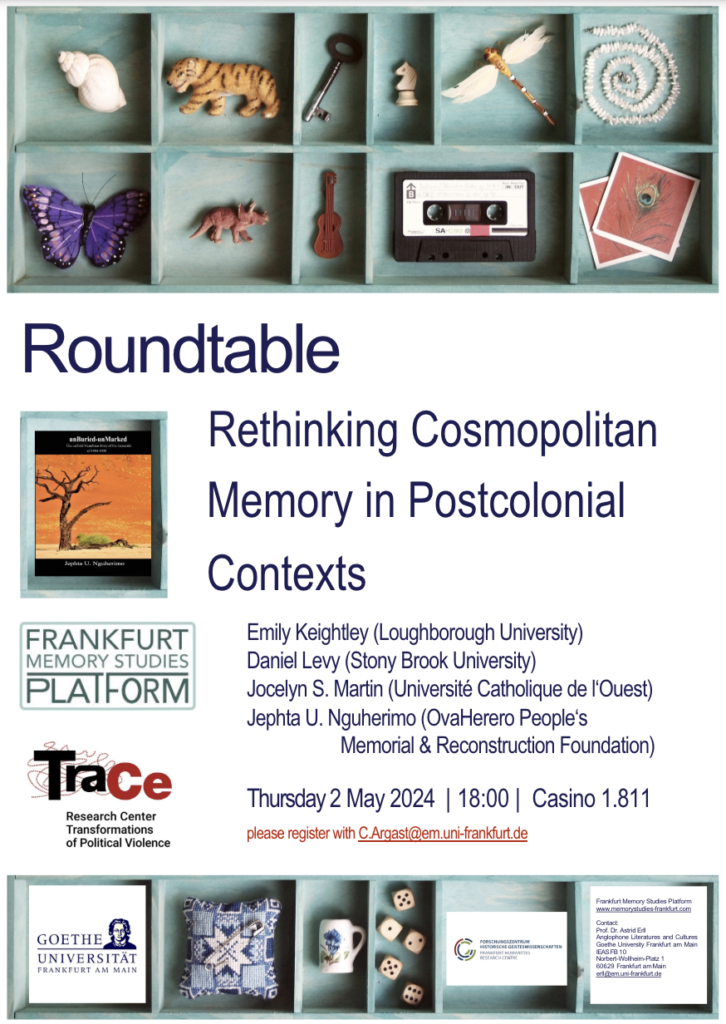
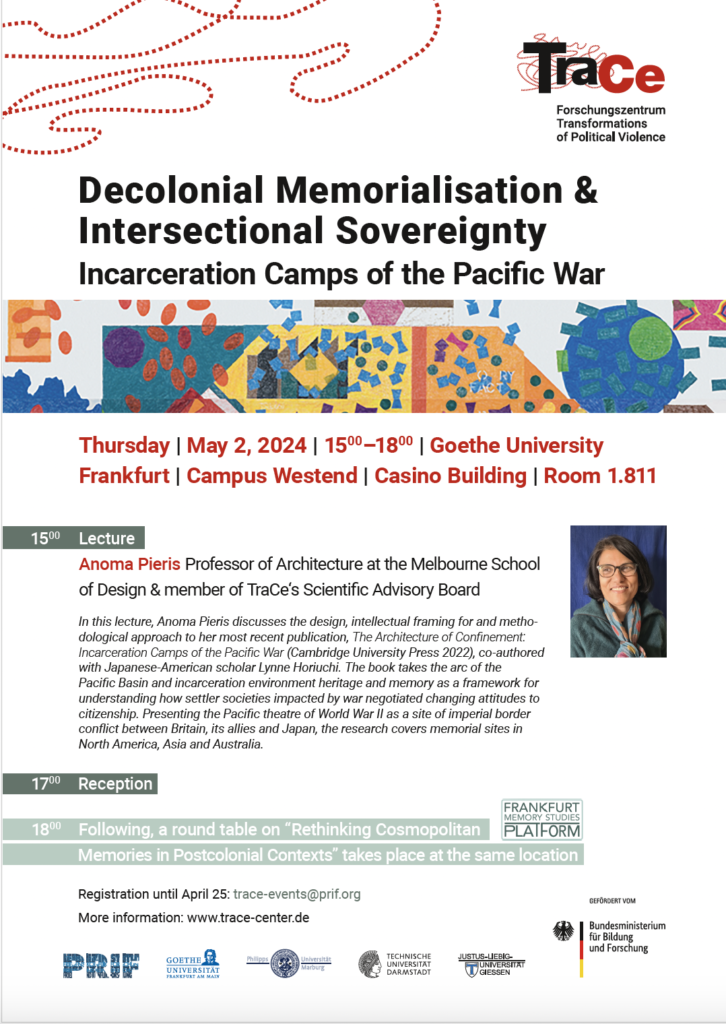


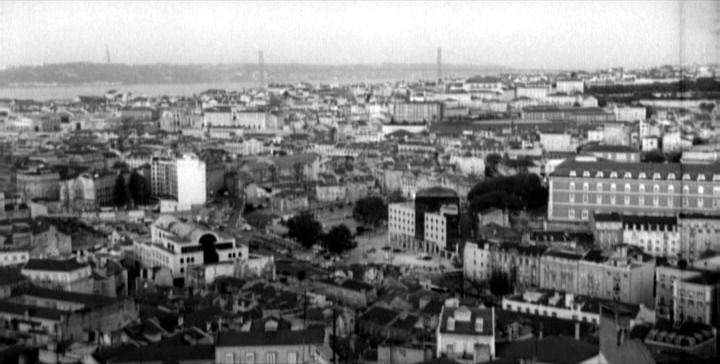
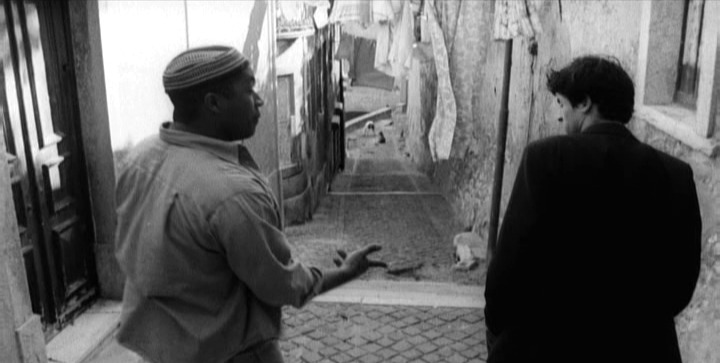
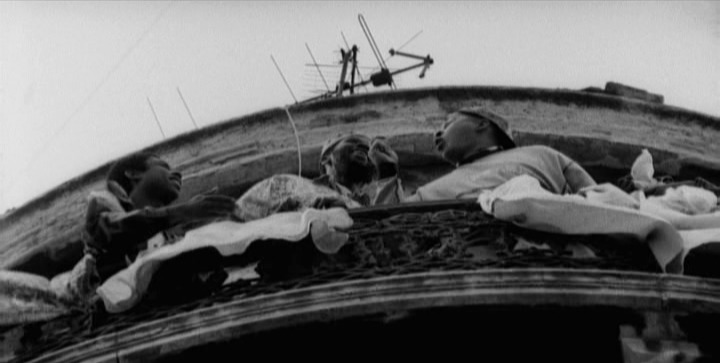
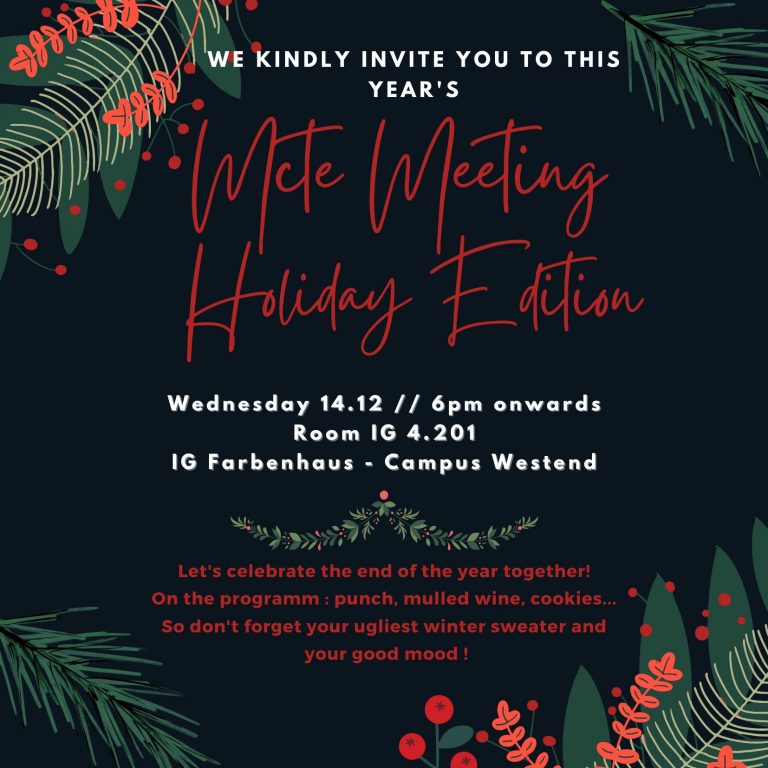
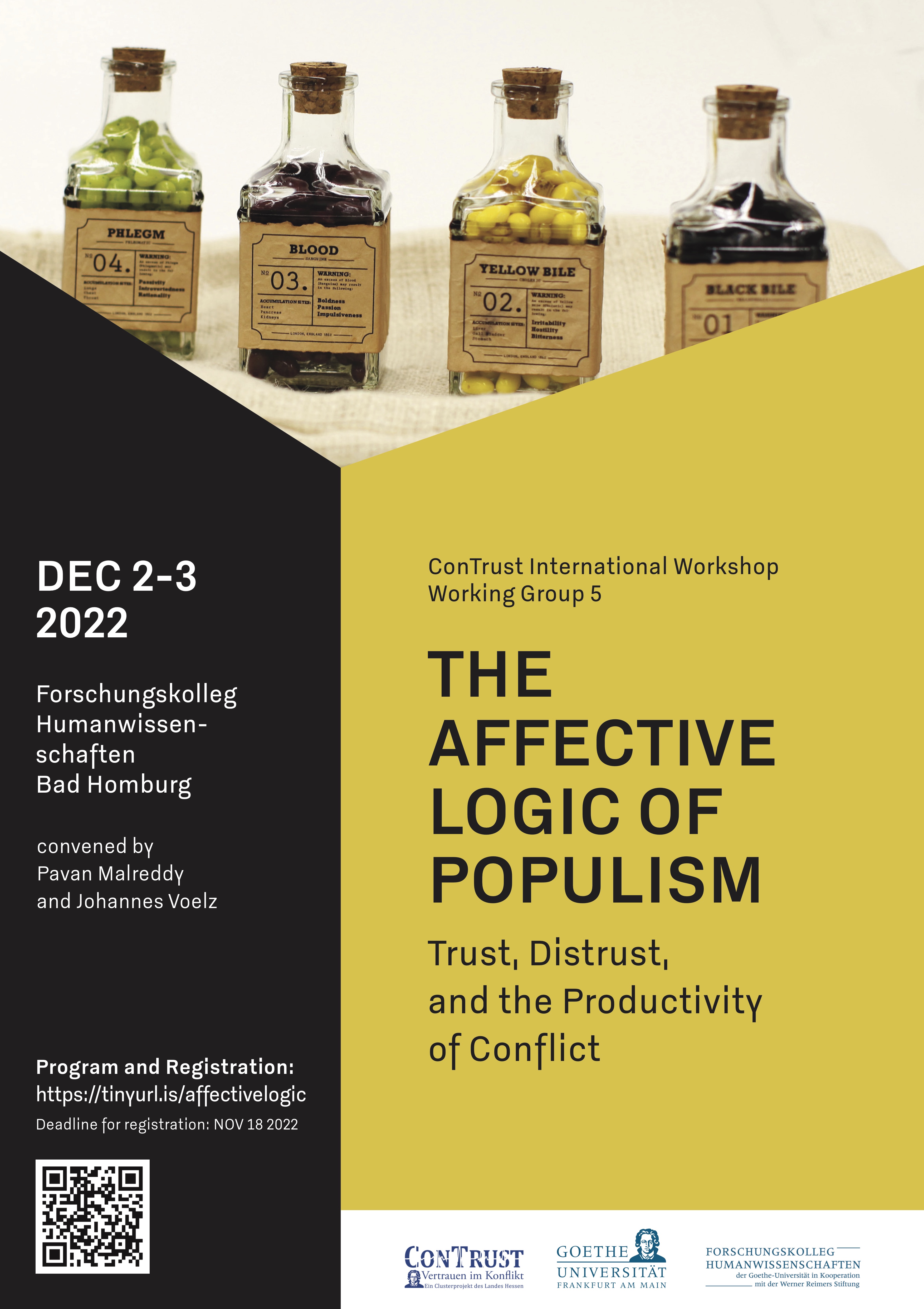
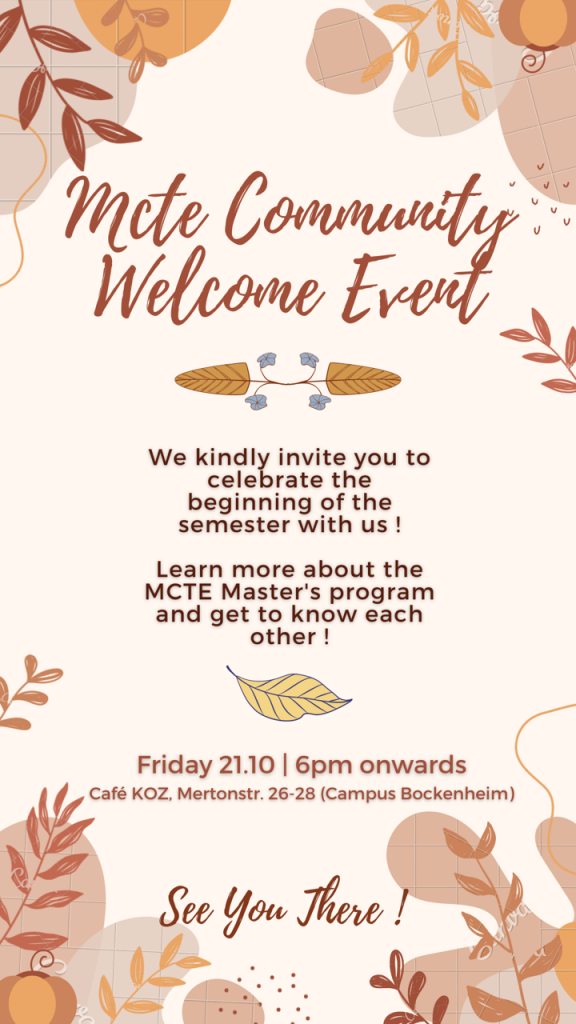
 Stefanie Kemmerer, an Alumni of the Moving Cultures Masters programme, is the winner of 2022 GAPS (German Asocciation of Anglophone Postcolonial Studies) Graduate Award for her Masters thesis titled “Yogascapes: The Visual Politics of Transcultural Yoga as seen on Instagram“ (supervised by Dr. Pavan Malreddy & Prof. Dr. Schulze-Engler). Both NELK and MCTE proudly celebrate her achievement.
Stefanie Kemmerer, an Alumni of the Moving Cultures Masters programme, is the winner of 2022 GAPS (German Asocciation of Anglophone Postcolonial Studies) Graduate Award for her Masters thesis titled “Yogascapes: The Visual Politics of Transcultural Yoga as seen on Instagram“ (supervised by Dr. Pavan Malreddy & Prof. Dr. Schulze-Engler). Both NELK and MCTE proudly celebrate her achievement.
